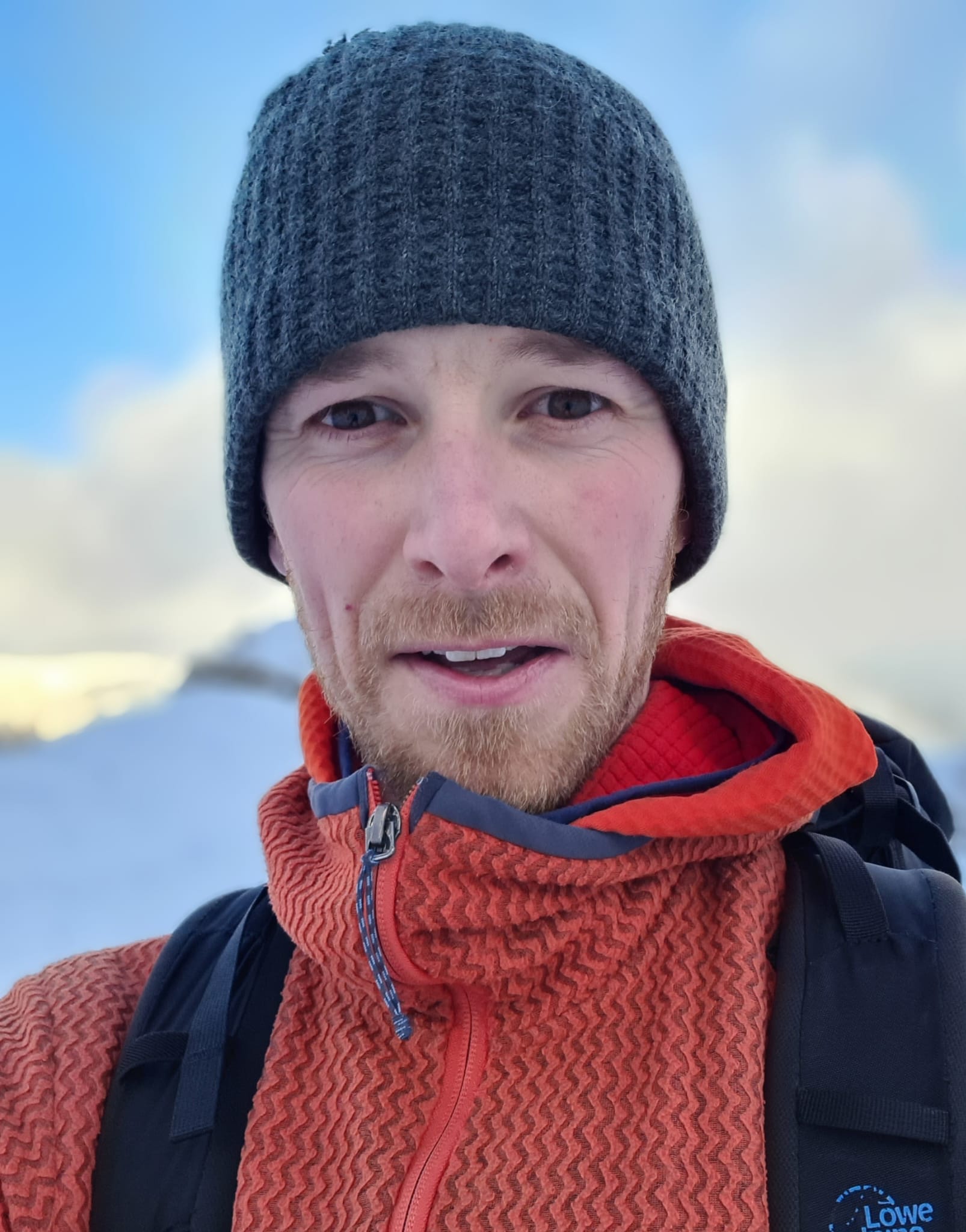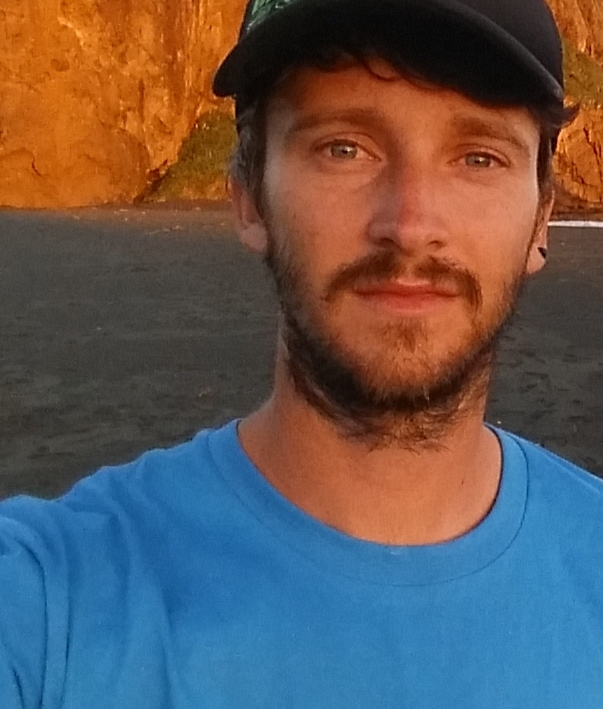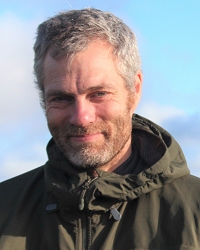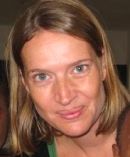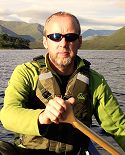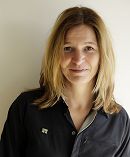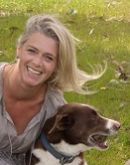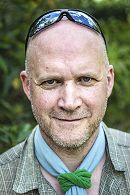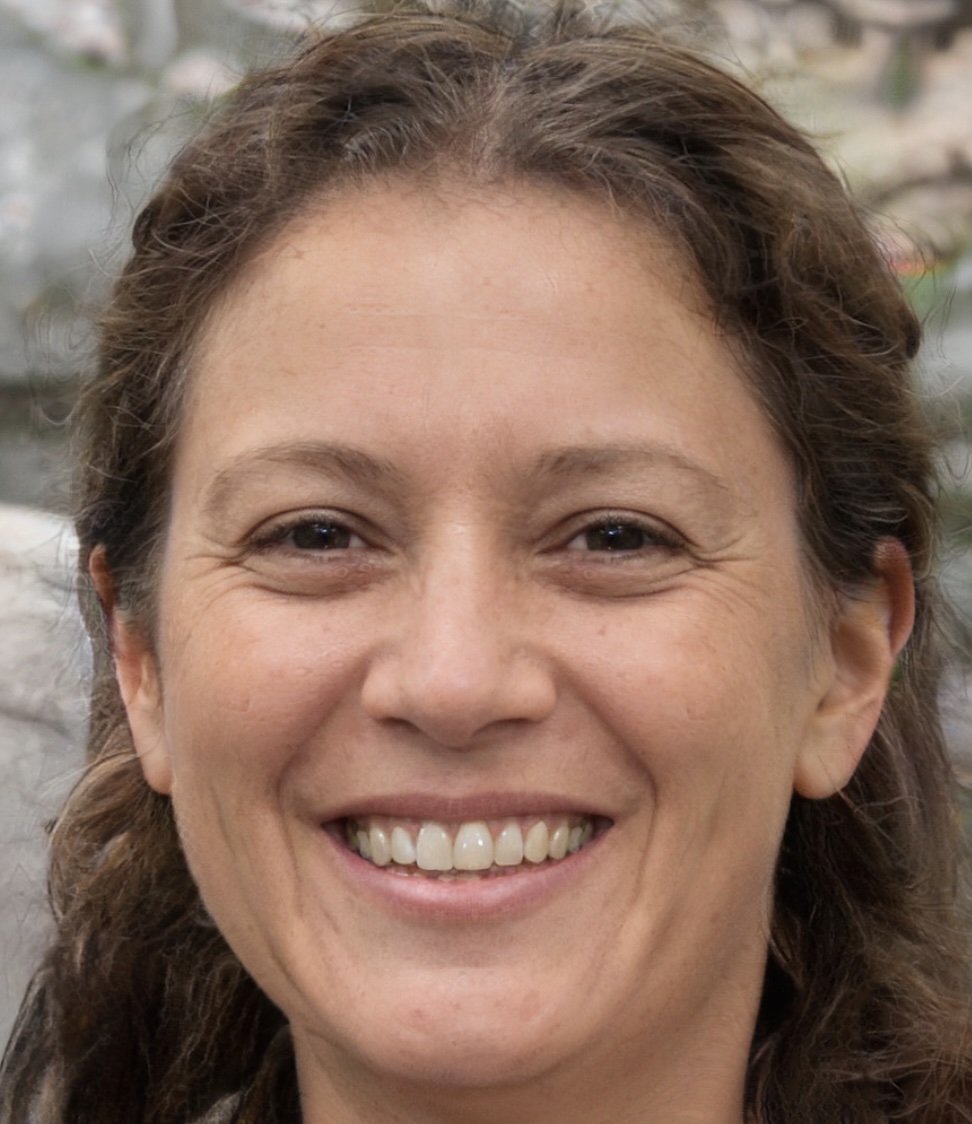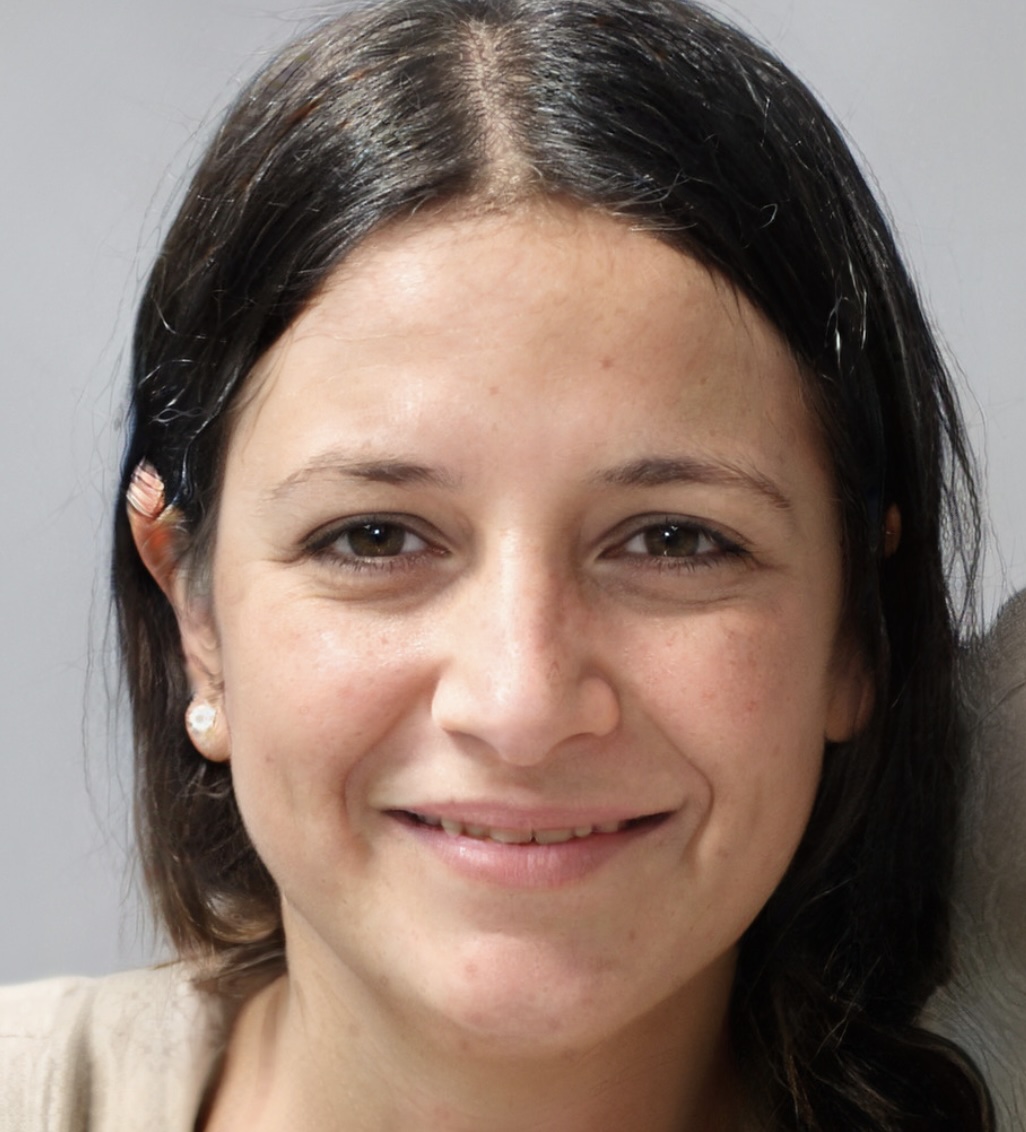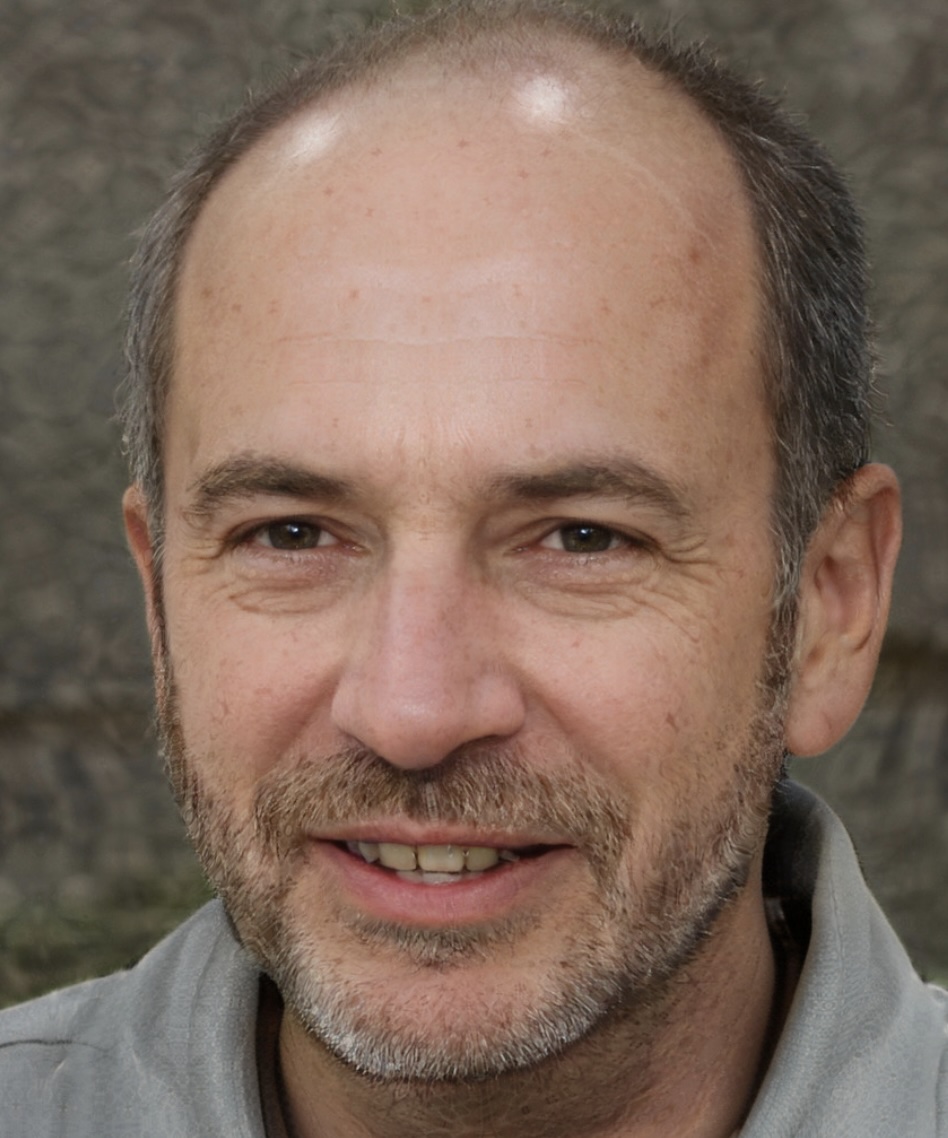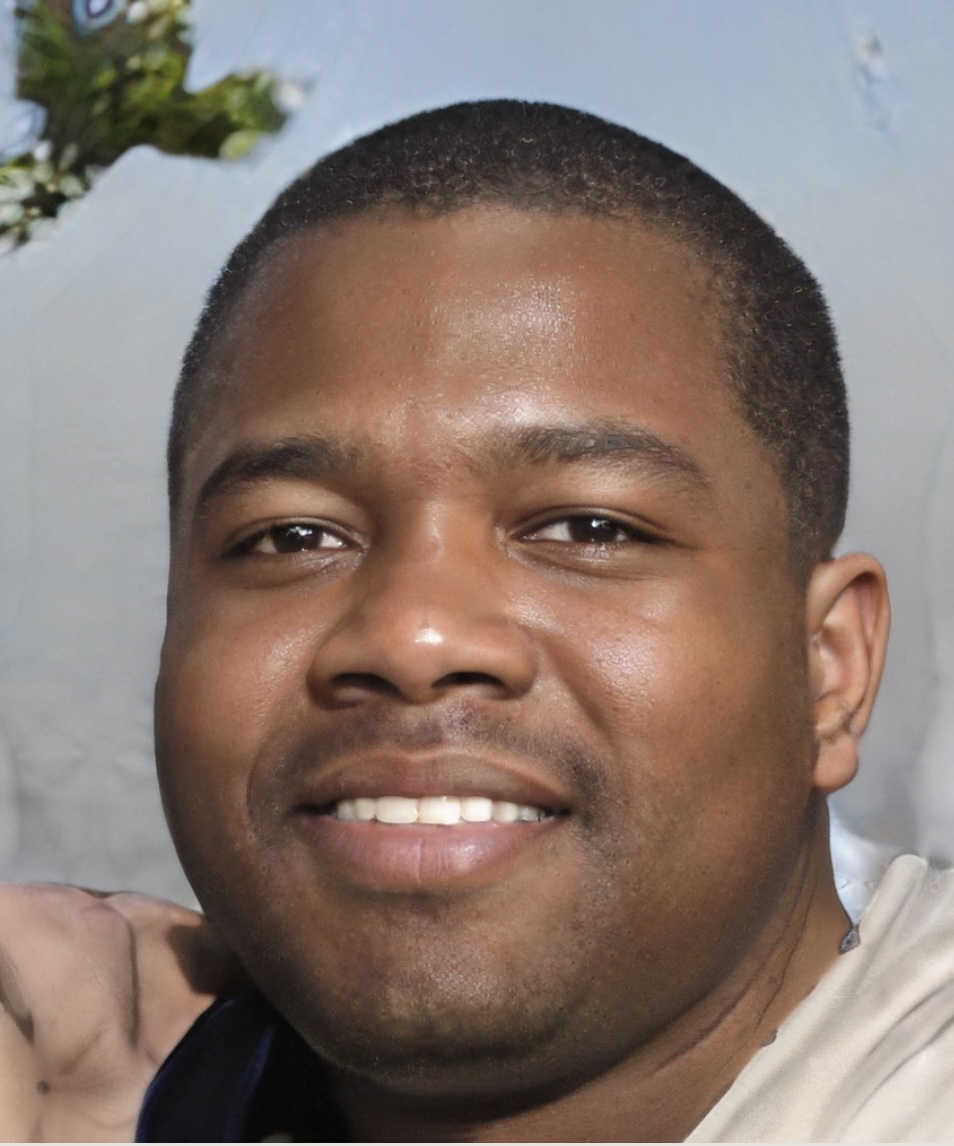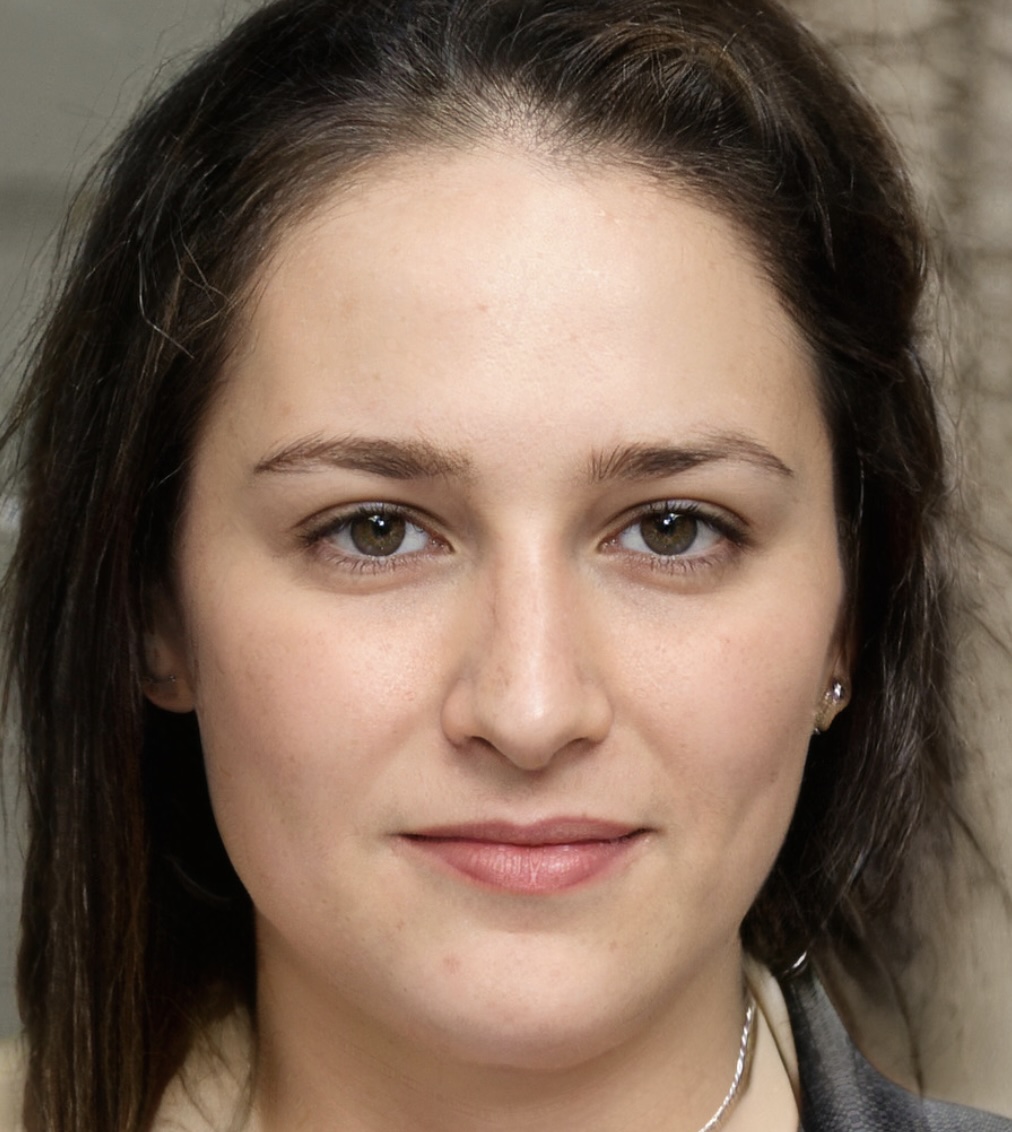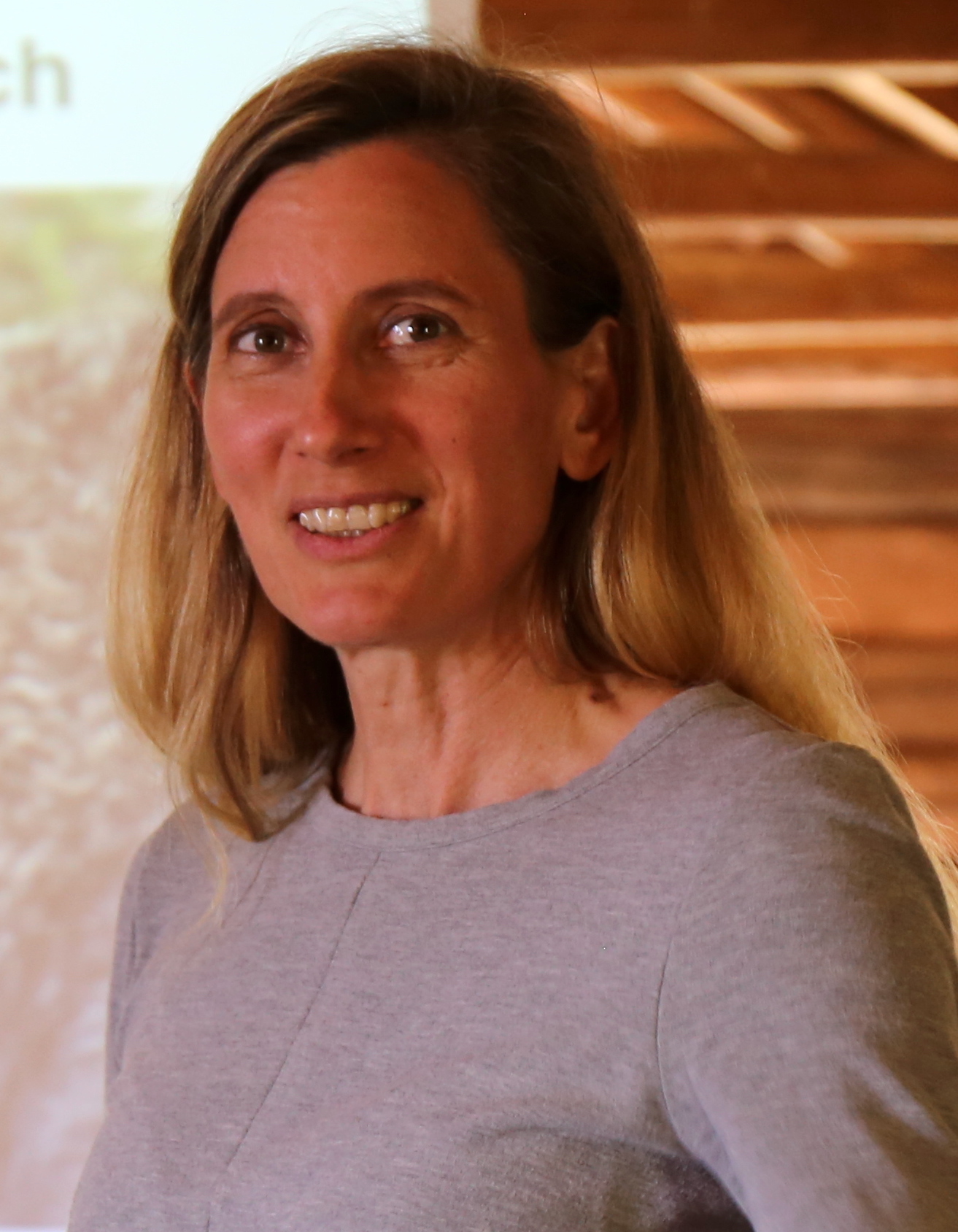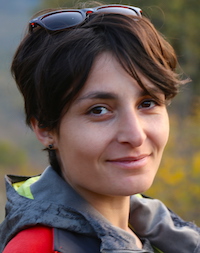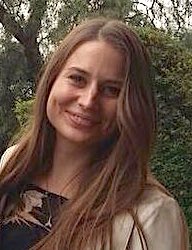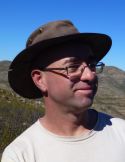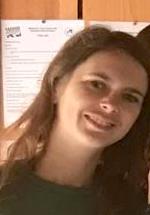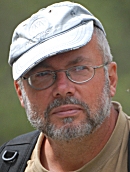Biosphere Expeditions was founded in 1999 and is first and foremost an award-winning citizen-science-based wildlife conservation non-profit. We fight for a more sustainable planet, which is under attack like never before, by empowering ordinary people to help with wildlife conservation and research through our international conservation expeditions, which unite the concepts of citizen science, ethical volunteering and expedition holidays.
The term "Biosphere" was coined by Russian scientist Vladimir Vernadsky in 1929 and is defined as "the part of the Earth's surface and atmosphere occupied by living things". This encompassing term, we believe, is a fair reflection of our mission. With our citizen science conservation expeditions we aim to make a difference to our biosphere and at the same time bring enjoyment and fulfilment to our teams of international wildlife conservation volunteers. We do not run tours or just wildlife conservation holidays, but genuine wildlife research expeditions, based on good citizen science and ethical volunteering principles. And we succeed - the creation of protected areas on four continents is just one example.

